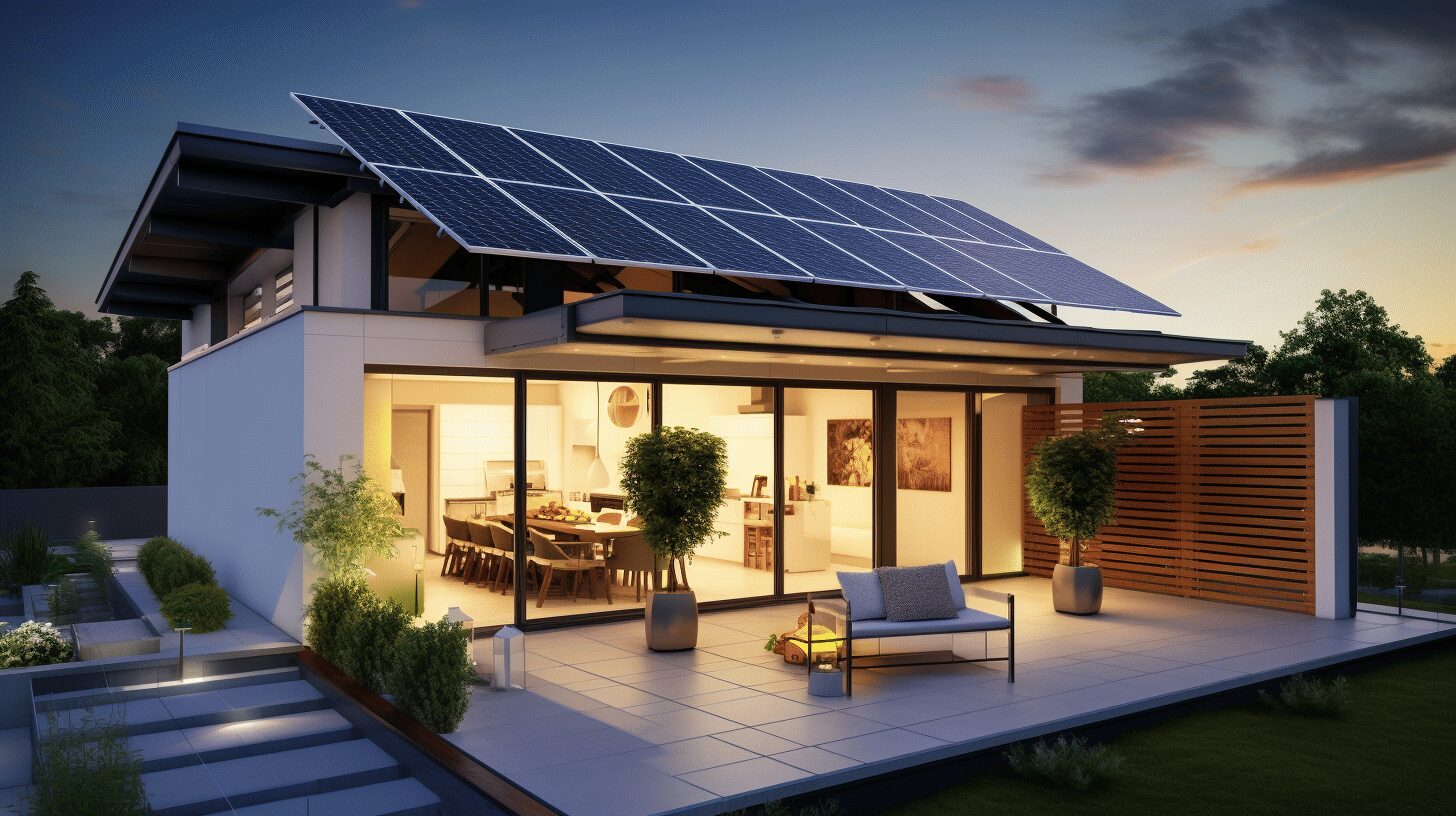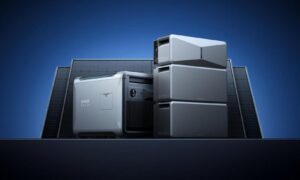Introduction:
In today’s world, reliable electricity is essential for maintaining household operations, supporting work-from-home setups, and ensuring home security systems function without interruption. However, power outages caused by extreme weather, grid failures, or technical malfunctions are becoming more frequent. For homeowners, this means finding reliable backup power solutions to keep essential appliances running, protect valuable electronics, and maintain overall comfort during an outage.
Backup power solutions have evolved significantly over the years, offering homeowners more efficient and sustainable ways to store and manage electricity. From traditional generators to advanced battery storage systems, these solutions ensure a seamless transition when the grid goes down. As more homes integrate renewable energy sources, backup power options are becoming an integral part of modern energy management, providing security and peace of mind in an unpredictable power landscape.
The Importance of Backup Power in Ensuring Energy Security:
Energy security is a growing concern as power grids become increasingly strained. Factors such as rising energy demand, extreme weather events, and outdated grid infrastructure contribute to frequent blackouts. Without a backup power system, homeowners risk losing access to heating, cooling, refrigeration, and other essential household functions during outages.
Having a reliable backup power solution ensures that homes remain functional even when the main power supply fails. With modern battery storage systems, homeowners can automatically switch to stored energy when a blackout occurs. This eliminates the need for noisy, fuel-powered generators while offering a more sustainable and cost-effective alternative.
Why energy security is essential for homeowners:
- Prevents disruptions in daily activities – Keeps appliances, lights, and essential systems operational.
- Protects home security systems – Ensures surveillance cameras and alarms remain active.
- Maintains connectivity – Keeps internet and communication devices running during outages.
- Supports medical devices – Provides uninterrupted power for life-saving medical equipment.
Types of Backup Power Solutions for Modern Homes:
Backup power solutions come in various forms, each with its advantages and limitations. Traditional gas or diesel generators have been a popular choice for decades, but they require regular maintenance, fuel storage, and emit harmful emissions. In contrast, modern battery storage solutions provide a cleaner, quieter, and more efficient way to ensure energy continuity.
Renewable energy integration has also made battery storage systems an attractive alternative. Solar-powered battery backup systems allow homeowners to generate and store electricity for later use. Unlike generators, which rely on fossil fuels, these systems provide an eco-friendly solution that enhances long-term energy independence.
Comparison of different backup power solutions:
- Fuel-powered generators – Reliable but noisy and dependent on fuel availability.
- Battery storage systems – Quiet, sustainable, and integrates with renewable energy sources.
- Solar backup solutions – Uses solar panels to generate and store electricity for emergencies.
- Hybrid systems – Combines battery storage with traditional generators for extended backup power.
The Role of Battery Storage in Home Backup Power Systems:
Battery storage systems have revolutionized the way homeowners approach backup power. Unlike traditional generators that require manual operation and fuel replenishment, battery storage solutions automatically activate during power outages. These systems store electricity from the grid or renewable sources and release it when needed, ensuring seamless energy continuity.
One of the leading battery storage options for homes is the Tesla Powerwall 3. This advanced home battery system allows homeowners to store excess solar energy or grid electricity for use during outages. With intelligent energy management and real-time monitoring, it provides a reliable backup power solution without the noise, emissions, or maintenance of traditional generators.
Benefits of battery storage for home backup power:
- Automatic activation – Instantly supplies power when an outage occurs.
- Seamless integration with solar – Stores excess solar energy for later use.
- Low maintenance – Unlike fuel-powered generators, battery systems require minimal upkeep.
- Quiet and emission-free – Provides a clean, silent alternative to traditional backup power sources.
How Smart Technology is Enhancing Backup Power Efficiency:
Advancements in smart technology are making backup power solutions more efficient and user-friendly. Modern battery storage systems come with intelligent monitoring features that allow homeowners to track energy usage, battery status, and power consumption through mobile apps. These systems automatically adjust power distribution, prioritizing essential appliances to extend backup power duration.
Additionally, some backup power solutions use artificial intelligence to optimize energy consumption based on real-time weather forecasts and household usage patterns. This ensures that energy storage is maximized when a potential power outage is detected, reducing reliance on the grid and improving overall energy efficiency.
How smart technology improves backup power management:
- Remote monitoring and control – Allows homeowners to track and manage energy usage from anywhere.
- Automated power allocation – Ensures energy is prioritized for critical household functions.
- AI-driven optimization – Predicts and prepares for outages by adjusting energy storage levels.
- Load balancing features – Prevents overload by distributing power efficiently.
The Future of Backup Power and Sustainable Energy Solutions:
As technology advances, backup power solutions are becoming more sustainable and efficient. The increasing adoption of solar energy, battery storage, and smart grids is making it easier for homeowners to maintain uninterrupted power without relying on fossil fuels. The shift toward renewable-based backup power is not only reducing electricity costs but also contributing to a more resilient and eco-friendly energy infrastructure.
Future developments in energy storage and distribution will likely focus on improving battery capacity, reducing costs, and enhancing integration with renewable energy sources. Innovations such as vehicle-to-grid (V2G) technology, where electric vehicles can supply power to homes, are also gaining momentum. As these technologies continue to evolve, backup power solutions will play an even greater role in shaping the future of home energy consumption.
Trends shaping the future of home backup power:
- Expansion of home microgrids – Enabling local energy generation and storage.
- Improved battery efficiency – Increasing storage capacity and reducing charging time.
- Integration with electric vehicles – Using EV batteries as an additional backup power source.
- Decentralized energy networks – Creating community-based energy-sharing solutions.
Conclusion:
Backup power solutions are becoming an essential component of modern homes, providing energy security and peace of mind in an era of increasing grid instability. With advancements in battery storage, smart technology, and renewable energy integration, homeowners now have access to reliable, efficient, and sustainable backup power options.
The future of home backup power lies in innovation, with cleaner and smarter energy solutions replacing outdated generator-based systems. As technology continues to evolve, adopting battery storage and renewable energy-powered backup solutions will ensure that homes remain resilient, sustainable, and independent in the face of power disruptions.































